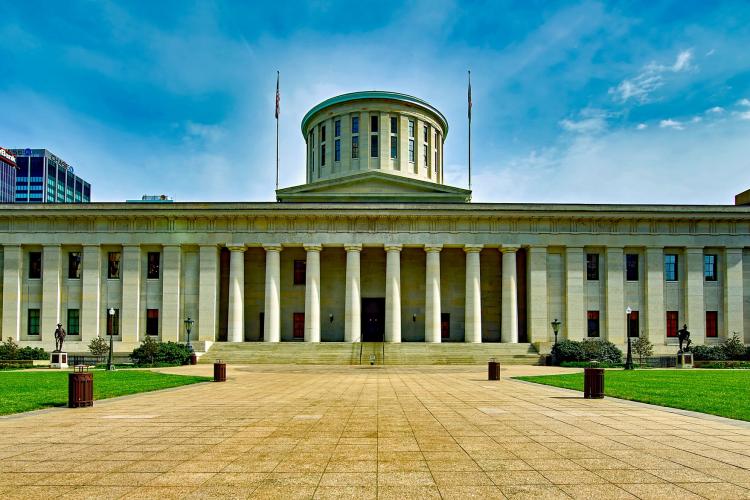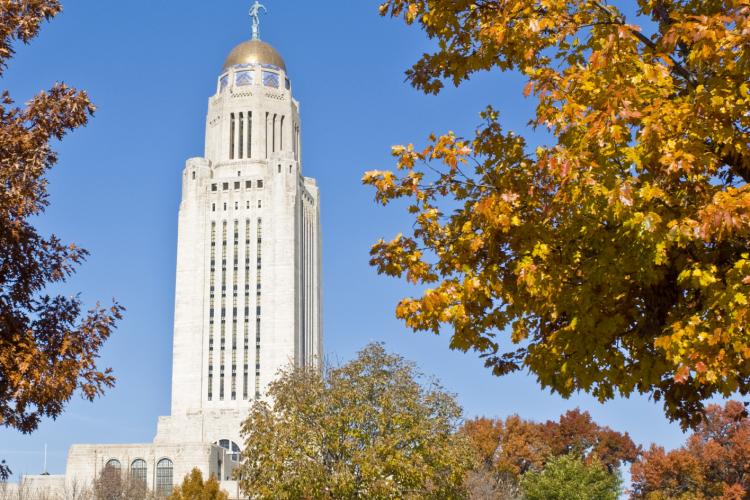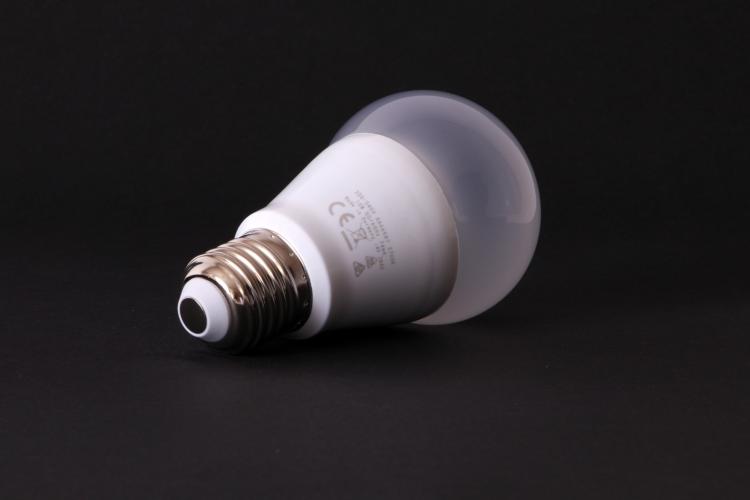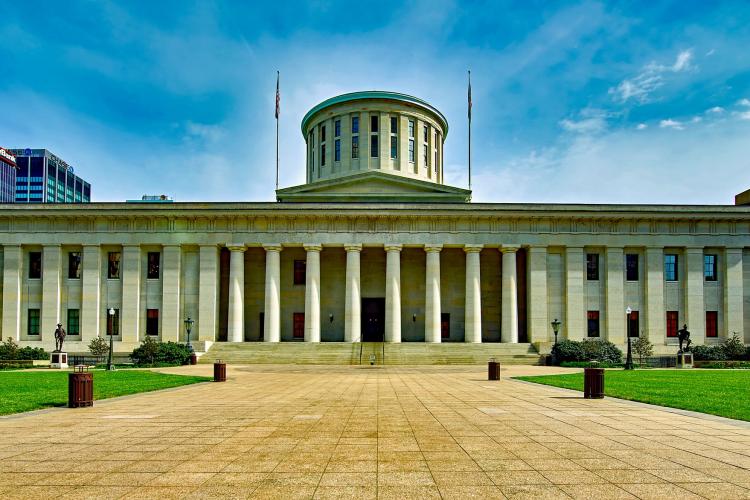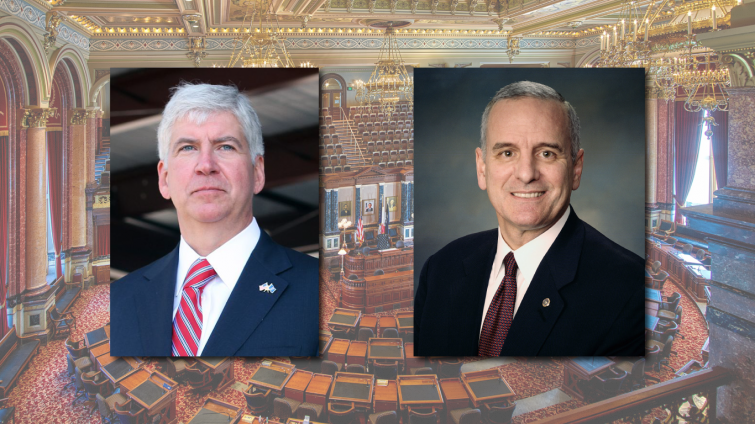Building Relationships with Midwestern Policymakers
MEEA’s policy team has spent 2019 traveling throughout the Midwest to meet with state legislators, regulators and policymakers. MEEA serves as the region’s trusted source on energy efficiency and promotes how states can maximize energy savings pursuant to their specific policies. We share regional best practices and research with governors’ administrations, legislators and regulatory bodies as they develop energy plans, policy priorities or other state and local policy initiatives. The 2018 state election results presented ample opportunity for MEEA to act as a positive, nonpartisan voice for energy efficiency.

